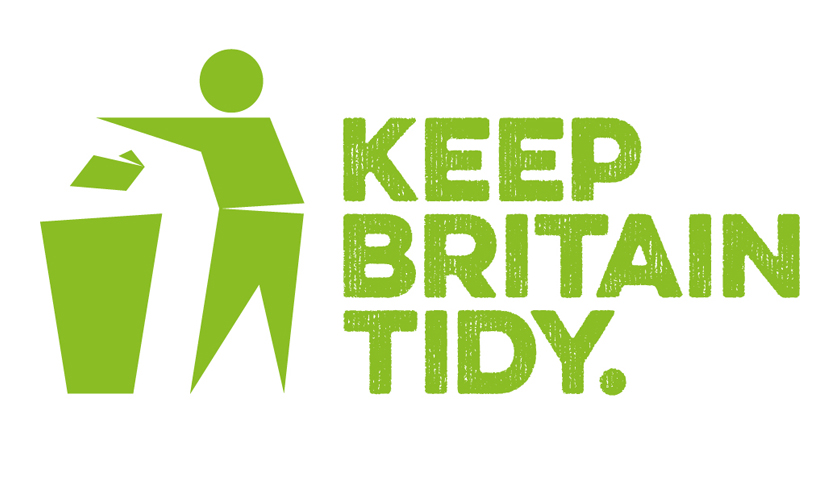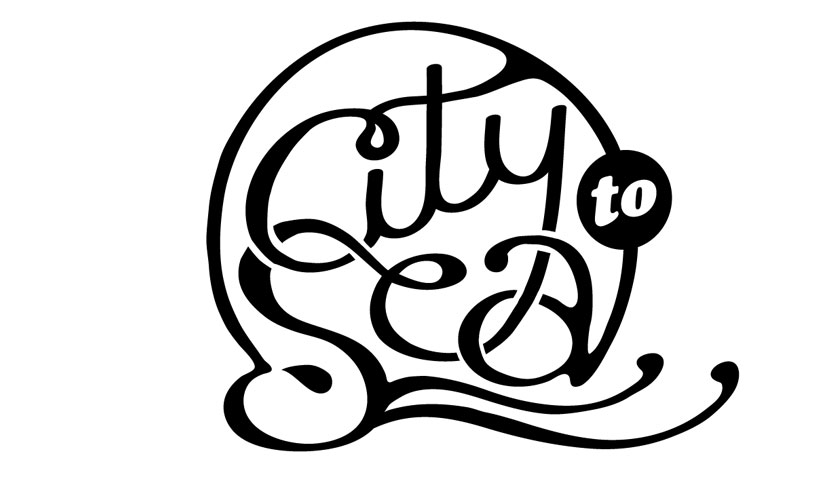New research from environmental charity Keep Britain Tidy reveals a major barrier to driving urgently needed waste reduction and reuse behaviours is a fundamental misunderstanding amongst the public of what waste prevention actually means.
Under the waste hierarchy (more commonly communicated to people as ‘reduce, reuse, recycle’), recycling is important, but reduce and reuse sit above this and are crucial when looking to lessen the environmental impact of what we purchase, use and dispose of. However, people feel they are “doing their bit” for the environment by recycling; while this should not be discouraged, the charity is calling on policy-makers and practitioners to work together to educate and motivate people to move beyond recycling and make choices that reduce the environmental impact of what they purchase in the first place.
In the absence of meaningful progress at government level on waste prevention or steps to bring down resource use, the charity has today launched a new report for waste management and sustainable consumption policy-makers and behaviour change practitioners to ignite debate on waste prevention barriers and prompt urgent action.
Bringing together quantitative surveys, focus groups and an ethnographic study* the report reveals key insights about the public’s waste prevention knowledge gaps and their attitudes to waste, including:
- Lack of understanding about the waste hierarchy
The prioritisation of recycling over waste prevention in policy has led to a fundamental lack of understanding of the waste hierarchy among most of the public. This is a significant waste prevention barrier that needs to be addressed as a priority especially as when the waste hierarchy is properly explained, the public easily understand the concept. In our national survey, when presented with a visual representation and explanation of the waste hierarchy, 55% agreed that they now have a better understanding of how waste should be dealt with to minimise its environmental impact.
- People associate waste more with what they throw away than what they buy
A far greater proportion of people associate negative environmental impact with putting things in the bin (not recycling) compared to buying the things they want and need (83% compared to 49% respectively). Keep Britain Tidy recommends a shift in narrative to focus more on what we buy rather than what we throw away.
- Lack of knowledge between waste prevention and the climate emergency
Stronger links need to be made between the climate emergency and how waste prevention behaviours make a difference. The survey showed 68% of people think that recycling is the best thing they can do to reduce the environmental impact of the things they buy and a third (33%) said they didn’t realise there are much better ways to reduce the impact of their waste than recycling. Eight in ten people say, as a country, we buy too much stuff (79%) but only a quarter (25%) say they personally buy too much stuff. This demonstrates that the concerns people may have about consumption aren’t related to their own personal behaviour.
- More dialogue is needed about waste prevention
The research showed a lack of understanding of what waste prevention actually means, particularly the practical things people can do to prevent waste. People see waste as something to be ‘managed’ rather than prevented – ‘wasting better’ rather than ‘wasting less’. There is a clear need for more dialogue and celebration around people’s waste prevention behaviours and good practice. Using the insights from the report, Keep Britain Tidy this week launched Buy Nothing New Month, a new behaviour change intervention to help people move up the waste hierarchy. Throughout the month of January, Keep Britain Tidy will share tips and tricks on how people can buy nothing new and make the most of what they already have. The campaign will call on people to rethink what they want versus what they need, reconsider if they can repair versus replace and think about whether they can rent, borrow or buy second-hand rather than buy new.
- We need the right infrastructure in place to make it as easy as possible for the public to reduce and reuse
The research revealed that only four out of ten people (41%) feel they have access to products and services that can help them reduce waste. More investment, signposting and promotion of local initiatives from repair cafes to rental schemes is crucial to help drive change.
Allison Ogden-Newton OBE, Chief Executive of Keep Britain Tidy said: “We urgently need to see a widespread adoption of waste prevention behaviours to help bring natural resource use and carbon emissions down to environmentally sustainable levels. Moving people up the waste hierarchy, from recycling to waste prevention, is a huge challenge when our current systems are geared towards increased consumption of resources.
“While government waste prevention policies are continuously delayed, the onus is on practitioners to drive behaviour change. This includes NGOs working on all aspects of ‘reduce, reuse, recycle’ and sustainable consumption and also local authorities as people’s most prominent source of information about recycling. Collectively, we have to attempt to counteract the marketing messages that people are bombarded with, continually pushing them to buy more stuff.
“Learnings from our first Buy Nothing New Month campaign, launched this week, will help develop the evidence base around how to help people move up the waste hierarchy to buying less stuff and maximising the life of stuff that already exists. This is just the beginning and we invite other organisations to collaborate with us, debate and share evidence to take this agenda forward.”
A free webinar will take place on 12 January to discuss the findings and insights from the report and what this means for the waste sector. People interested in attending can register here https://www.eventbrite.co.uk/e/shifting-the-publics-focus-from-recycling-to-waste-prevention-tickets-491664711387.

